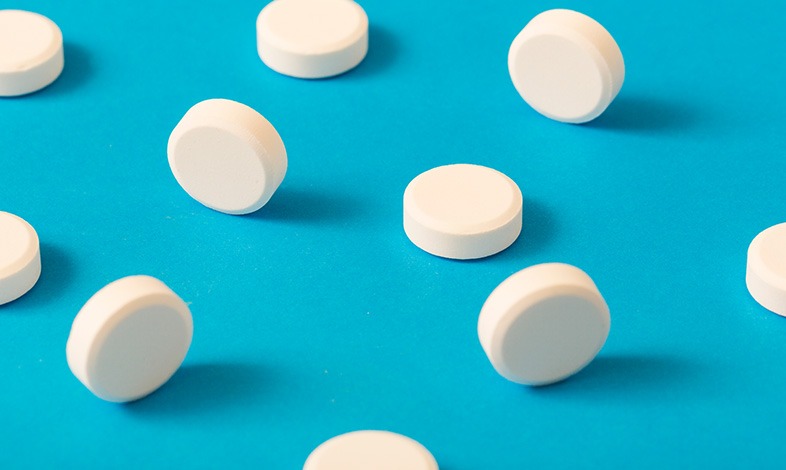101
- Free flowing, ideal for wet granulation
- For Wet granulation, extrusion, spherization.

Cellulose-based excipients are widely used in pharmaceutical and nutraceutical industries due to their unique physiochemical properties. Microcrystalline cellulose is commonly used as a diluent or binder. Additionally, powdered cellulose serves as a bulking agent and can also be used as a binder, disintegrant, or lubricant.
These excipients offer several benefits, including bio-compatibility, ease of manufacturing, and costeffectiveness, making them a popular choice for a wide range of pharmaceutical and nutraceutical formulations.
Microcrystalline Cellulose is a refined wood pulp, Finest element for tableting because of it’s purity. Used as an alternative to Carboxymethyl Cellulose and Lactose. Most commonly used in vitamin supplements & tablets.
CCS, is a cross-linked polymer of Carboxy Methyl Cellulose and Sodium. It appears as white, fibrous, free-flowing powder. With Acrocell, tablet may disintegrate appropriately, ultimately providing good dissolution and actives absorption / desired bioavailability.
MCC spheres are carriers for potential APls and nutraceuticals for targeted drug delivery system. They can be filled into capsules or compacted into tablets, while the tight article size distribution maximizes content uniformity.
Characteristics
MS acts as a lubricant, it provides a free flow to the blend throughout the manufacturing process. Thus speeding up production. It also prevents molecular clumping which ensures accurate dosage form.
Characteristics
Powdered Cellulose or Alpha Cellulose is a purified, mechanically disintegrated cellulose prepared from alpha-cellulose of fibrous plant materials. It is an odorless, tasteless, hydrophobic powder of various particle sizes, and forms - from flaky & coarse to fluffy & free flowing.
Characteristics
Desired viscosity modifier in suspensions as well as emulsions formulations
Products
Characteristics
SMCC is a co-processed blend of Microcrystalline Cellulose (MCC) and Colloidal Silicon Dioxide (Si02) by spray drying technology. It brings better flowability to MCC's excellent compaction. It has dual characteristics of brittle fracture as well as plastic deformation; leading to superior binding properties. It can even replace granulations, while reducing no. of required excipients.
